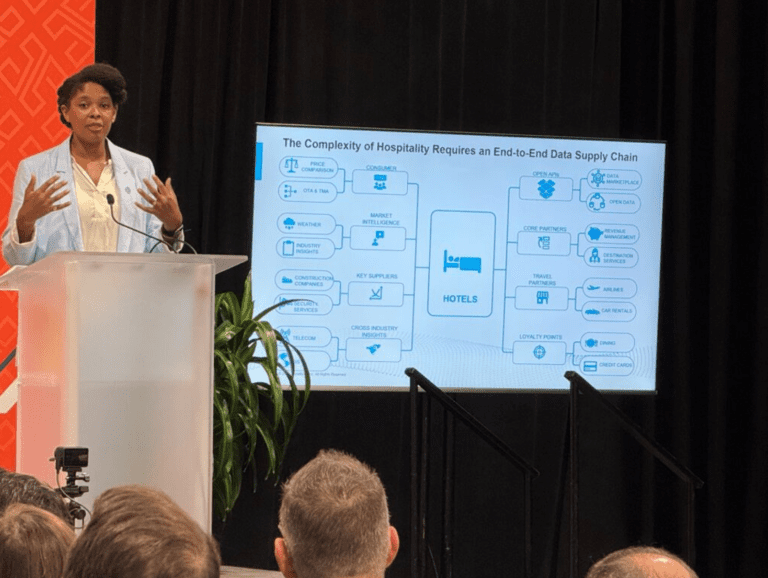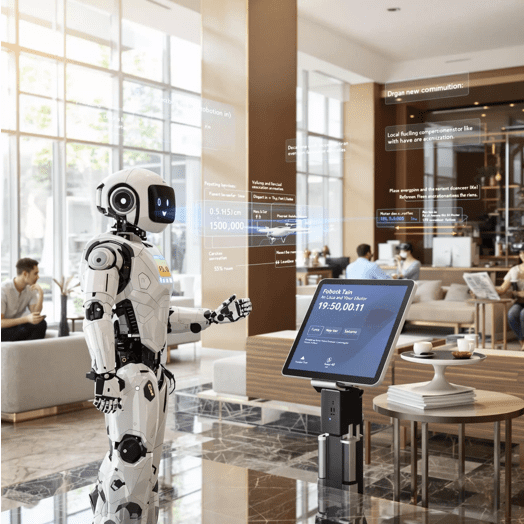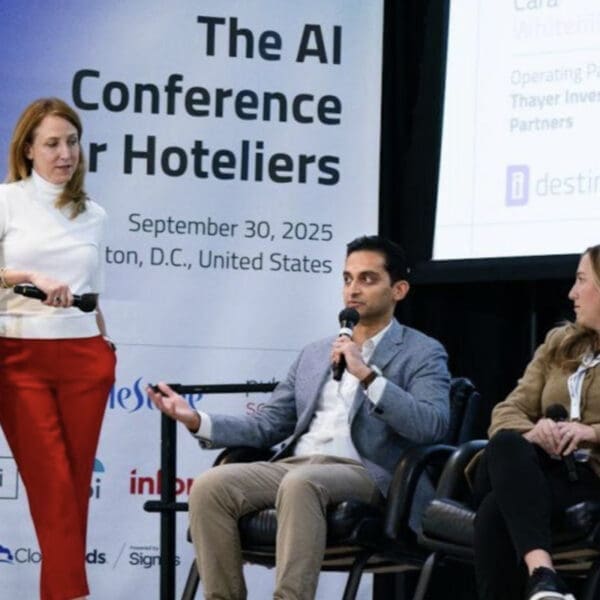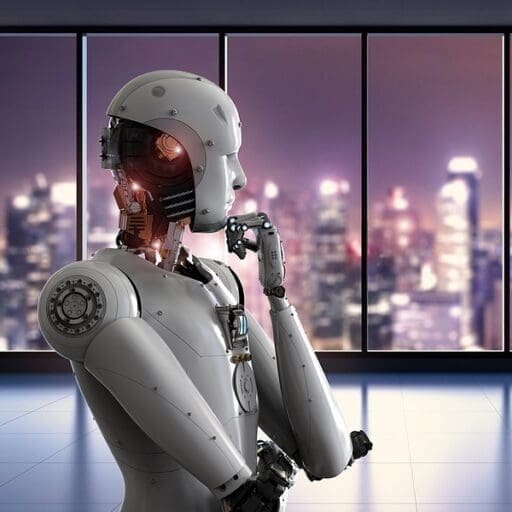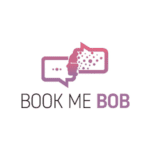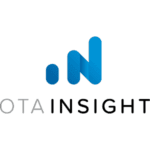 The pandemic is over, but its effects are not. In its wake the hotel industry is mired by labor shortages, supply chain issues, inflation, revenge travel surges, new guest demands and the possibility of another great recession on the horizon.
The pandemic is over, but its effects are not. In its wake the hotel industry is mired by labor shortages, supply chain issues, inflation, revenge travel surges, new guest demands and the possibility of another great recession on the horizon.
What we portend is that hotels will become increasingly reliant on technology in various ways and that underpinning any new hardware or software implementation is a mental shift and developing a process for continuous improvement.
Dwelling on the labor problem
While all of us would love for the post-pandemic travel era to flip right back to 2019, there is a strong chance that the current labor shortages won’t be resolved within the next few business cycles. We blame the rise of remote work. For most hotel roles, associates are required to be onsite, and yet now there are a bevy of options in other sectors that offer the convenience of being able to work from home for the same level of remuneration. This naturally incentivizes the remote work option because the hours are flexible and there’s no sunk cost of commuting for the employee.
The implication here is that hotels must ramp up their labor productivity by any and all means possible. This is easier said than done, and as aforementioned the initial step must be developing a holistic process so that efficiency-enabling changes can be prioritized and executed on a scheduled manner.
From our experience working as consultants to advise owners in asset management and strategic planning, we’ve found that one of the biggest chokepoints right now is that IT teams are overloaded. Each new piece of technology requires their dedicated attention while adding to the necessary maintenance work in upkeeping said systems. If only you know; their task lists are mindboggling! Hence, it’s a matter of focusing a list of possible projects on those that are expressly concerned with labor efficiency, then assigning priorities and seeing if there are any ways to offload some responsibilities to other teams.
Tech frees up teams
Despite all the changes to workflow and productivity that have come about from the pandemic and the rise of remote work, we can attest to the perseverance of tried-and-true hospitality as led by the dedicated service delivery of onsite teams. While reducing management headcount is possible, a big mistake is in thinking that new tech automatically results in labor savings for those positions that directly affect the guest experience.
Those associates that face the customers, with opportunities to match or exceed guest expectations, are critical for creating memorable experiences. Hence, the ‘no touch’ of tech helps to bring back the ‘high touch’ of traditional hospitality by freeing up your existing team’s time to deliver service with a smile.
Technology can help to digitalize workflows and increase manager productivity (as well as offer the incentive of managers working from home part of the time), but you still need a solid backbone of onsite staffers for service delivery. You may think that technology can solve all your woes right away, but until the invention of lifelike robots your frontline team must remain strong.
The balance of teams and tech
Once you’ve found that balance between teams and tech by both smoothing out the hotel experience so that it matches the capabilities of your onsite teams as well as setting up various systems or platforms to automate any repetitive tasks within that value chain, it’s time to start thinking about how to steadily transform your hotel company into a data company.
The modern hotel tech now has so many parts. Despite the setup costs you have likely incurred thus far to build APIs and push the data across disparate pieces of software, more integrations are needed. The goal is to build a central hub for all accrued information so that you can make holistic, data-driven decisions that can impact multiple operations.
In ages past, we had teams to manage guest relations for before, during and after the stay. Now, we can deploy tech to not only fill in the gaps but also give you a clearer indication of how to improve your promotional efforts without drastic cost increases. By having more information interfaced with your customer relationship management (CRM) system or first cleaned through a customer data platform (CDP), you can more accurately discern who your ‘lookalike customers’ are – consumers who are similar in geography, demographics or interests to your existing guest profiles and thus most likely to book at your hotel.
Outside of marketing and generating reservations from wholly new customers, having a robust CRM also works in a positive feedback loop to give your more actionable intelligence on what operational improvements would be the most meaningful for guests. In this way, increasing the data analytics on your guests allows you to increase TRevPAR – total revenue per available room – by integrating guest profile information that was previously siloed off within specific departments.
As an example, imagine how you would prioritize PM and FF&E budgets if you had every review from all third-party travel websites like TripAdvisor pushed into one database with AI-driven semantic analysis performed to identify the most decisive factors leading to one-star reviews. As a defensive play, devoting resources to triage these top problems would go a long way towards increasing GSS and preventing more negative reviews (and team time devoted to addressing those negative reviews).
Where to start in 2022
There’s a concept in futurist circles to encapsulate where these tech-based teams are headed. A ‘centaur’ denotes the marrying of an artificial intelligence (or multiple AIs) with a knowledgeable human team where the former does the grunt work while the latter comes up with creative strategies and ultimate executive – like the Greek mythical creature namesake, a horse lower body with a human upper body.
Alas, this is still a bit away for hotels. In the meantime, let’s summarize some steps you can apply today:
1. The labor issues aren’t going away anytime soon, so it’s all about efficiency.
2. Onsite teams will forever be indispensable for high-quality service.
3. Look for technology that can eliminate repetitive tasks to increase per-person productivity.
4. Tech-based teams is all about process, one that will continue over the entire decade ahead.
This article may not be reproduced without the expressed permission of the author.



